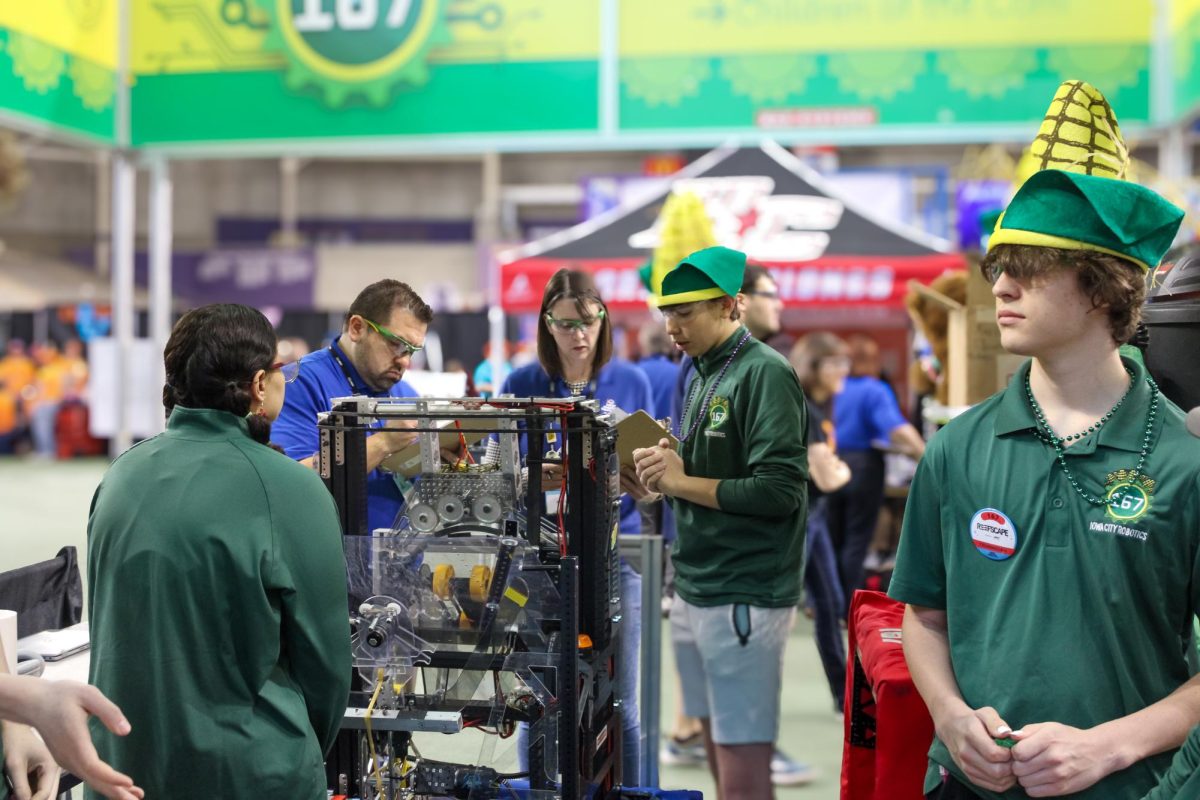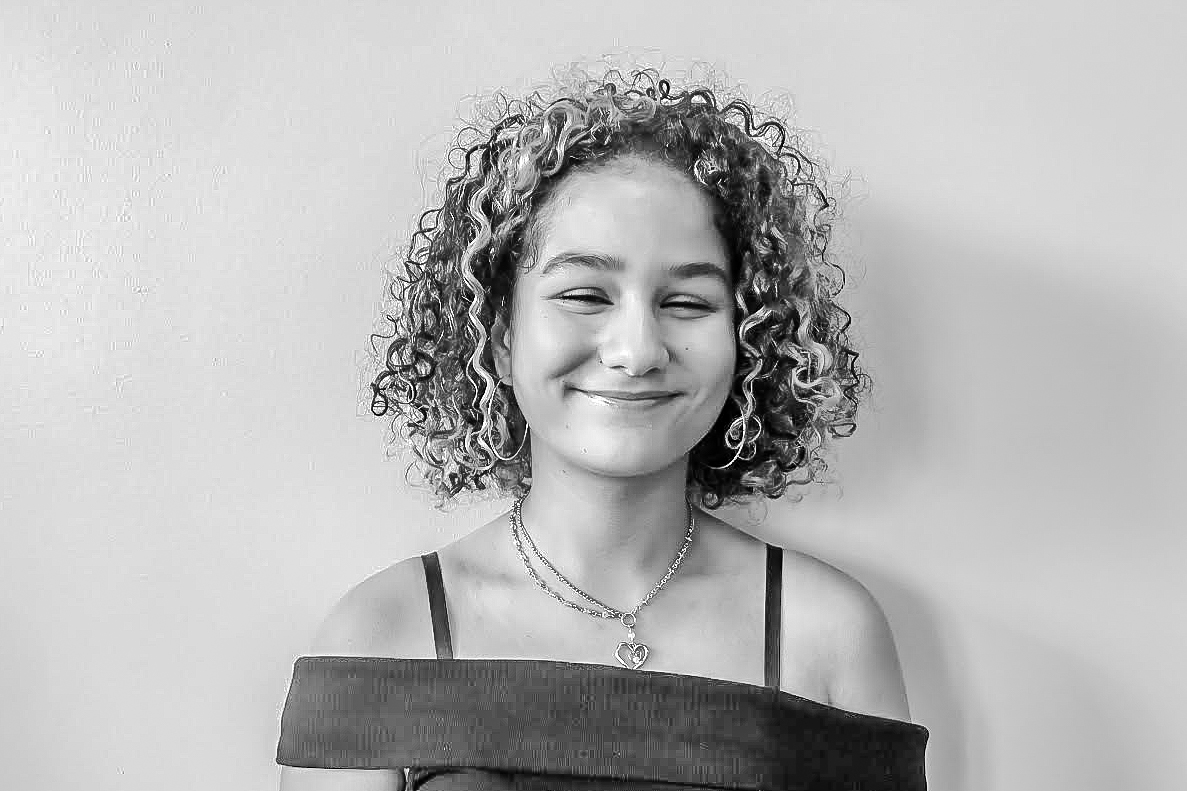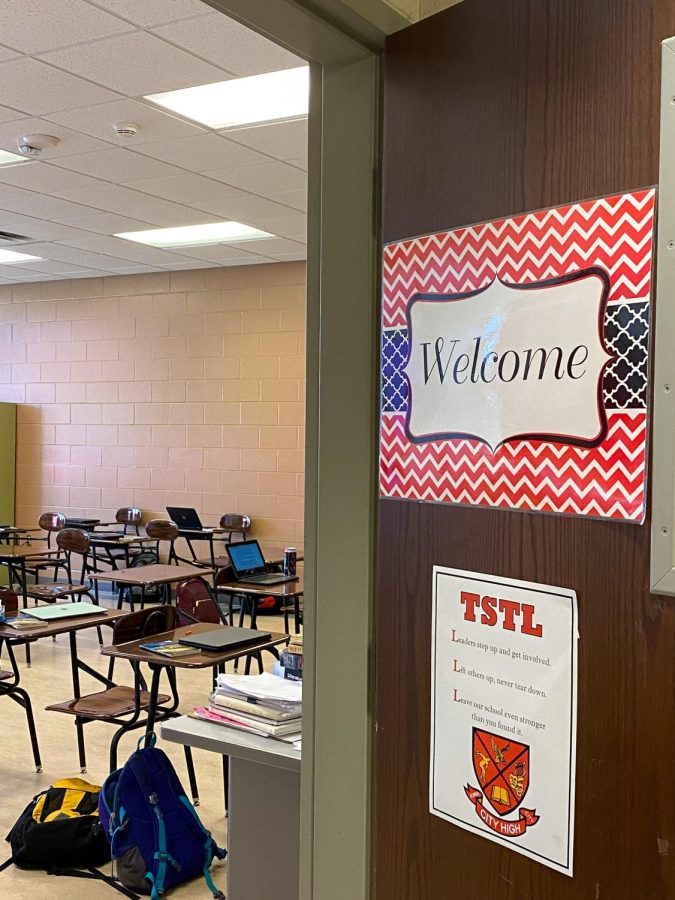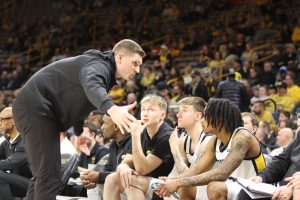Discussion with Coleman: New PBIS Initiatives introduced, with ongoing changes in District Classroom Policy
With the beginning of a new school year, City High administration implements new initiatives to foster communication and respect in the classroom
Classrooms display signs with the ¨TSTL” Acronym, encouraging students to follow the most recent PBIS Initiative
November 8, 2021
“The School That Leads” is City High’s motto, but has now taken on a new meaning. In classrooms, laminated signs with the acronym “TSTL” hang on bulletins or taped on walls. In a new PBIS (Positive Behavior Intervention Support) initiative, the acronym has been updated to also stand for “Tremendous Kindness, Supreme Respect, True Responsibility and Leadership.”
“We’ll use our acronym and find things that we can do within the building to show leadership and be responsible and respectful in the classroom,” Gerry Coleman, Dean of Students, explained.
PBIS is a set of initiatives that are part of Iowa City Community School District (ICCSD) guidance guidelines for all K-12 schools. On the City High level, this is a team of administrators that decide what rewards and programs should be used to model and encourage positive behavior.
“I think that we can preach it as much as we want to as adults, teachers and administrators in the building, but ultimately it’s going to come back to the students to hear when it comes to discussion on what mutual respect will look like in the classroom,” Coleman said.
In previous years, PBIS has been implemented as the “Big 3” which had signs and lessons monetizing the three main principles of City High School. The main idea was to be in class on time, everyday, in an effort to stop unexcused absences.
This year, PBIS hopes to foster kindness in the classroom through promoting individual acts of good. At the beginning of the school year, students got lessons during Advisory explaining the PBIS initiative, and what it should look like for students and educators.
New district level initiatives have been introduced, which are still being implemented and discussed. These would include late work not being deducted for points, a commonly used tactic by teachers to get students turning in work at a timely date.
“Ultimately, we want to know as an educator that you understand the [academic] material that’s been presented to you, more so than whether it happens exactly on time,” Coleman said.
As Dean of Students, Coleman works on student advocacy and helping students find accommodations in the classroom if needed.
Student advocacy is also prioritized in PBIS, with administrators encouraging students to reach out when in need of assistance. This comes at a time where the guidance department for the ICCSD is under routine review during the 2021-2022 school year, taking community input on what further should be implemented and done to assist students. This input is being done through meetings with school representatives, families, counselors, and administrators in a focus group, as well as surveys being sent to families, faculty, and students later this year.






























